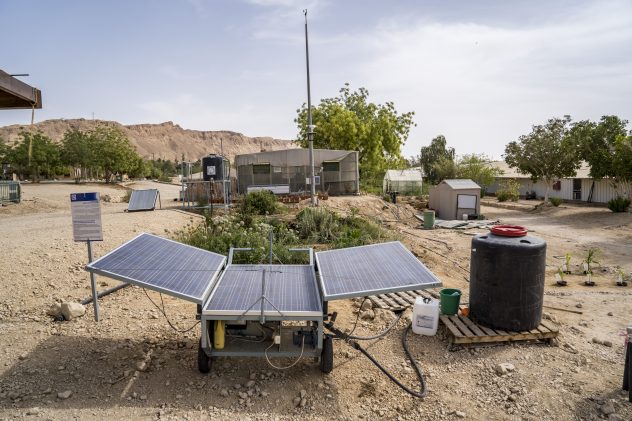
Balancing environmental conservation with the transition to renewable energy is crucial. While renewable energy sources like solar and wind power offer significant benefits in combating climate change and reducing environmental harm, they also pose challenges to protecting natural habitats.
Large-scale renewable energy projects, such as solar and wind farms, can lead to habitat fragmentation and a decline in biodiversity when developed in environmentally sensitive areas. Additionally, the extraction of raw materials for renewable technologies can have adverse environmental effects if not managed sustainably.
To address these challenges, careful planning is essential. It involves integrating ecological considerations into the siting of energy projects and utilizing technological advancements to minimize ecological footprints. Achieving this balance requires collaborative efforts involving conservationists, legislators, and local communities to navigate the complex trade-offs between environmental conservation and the energy transition.

